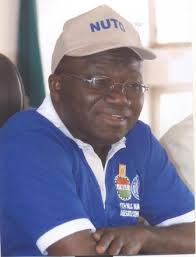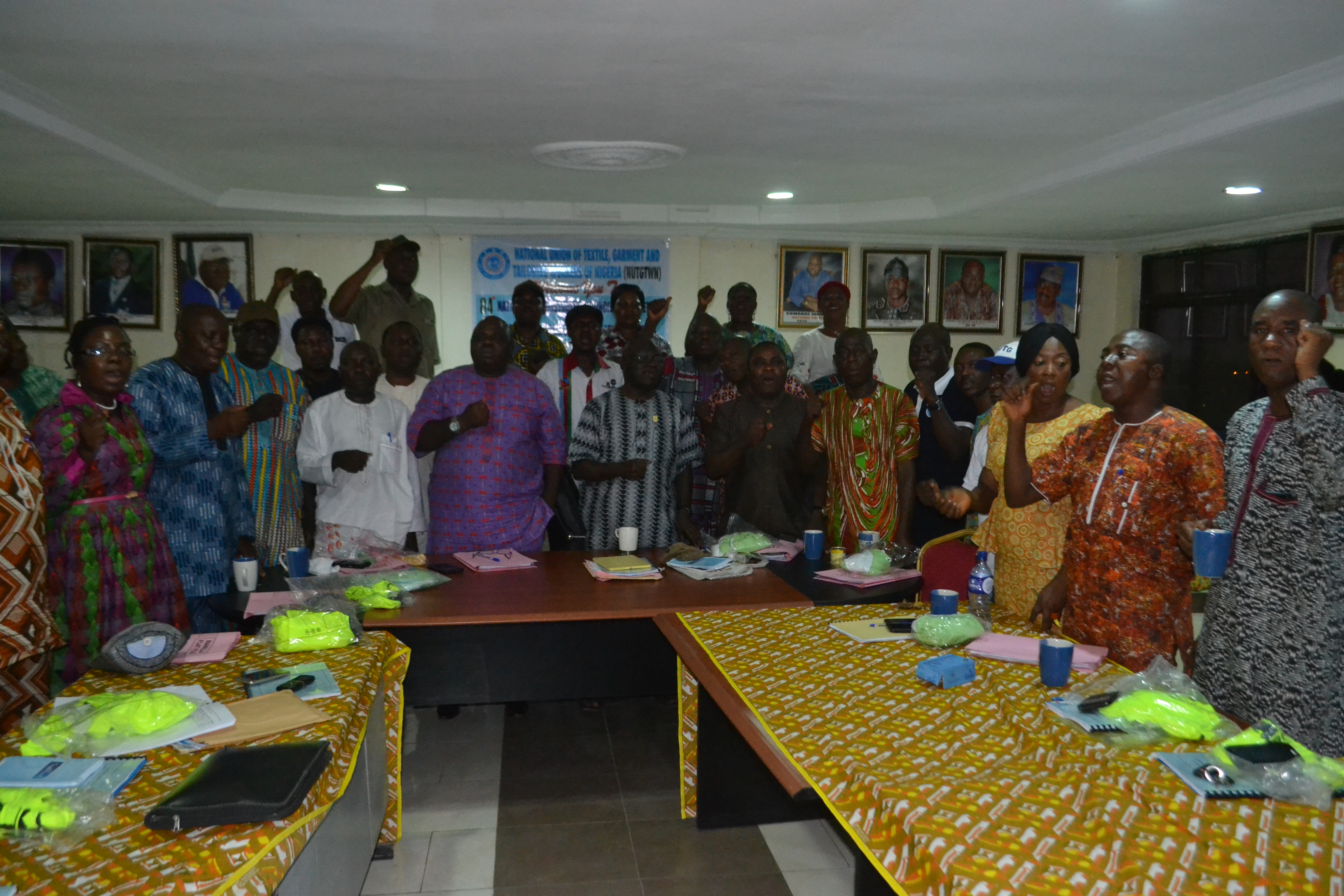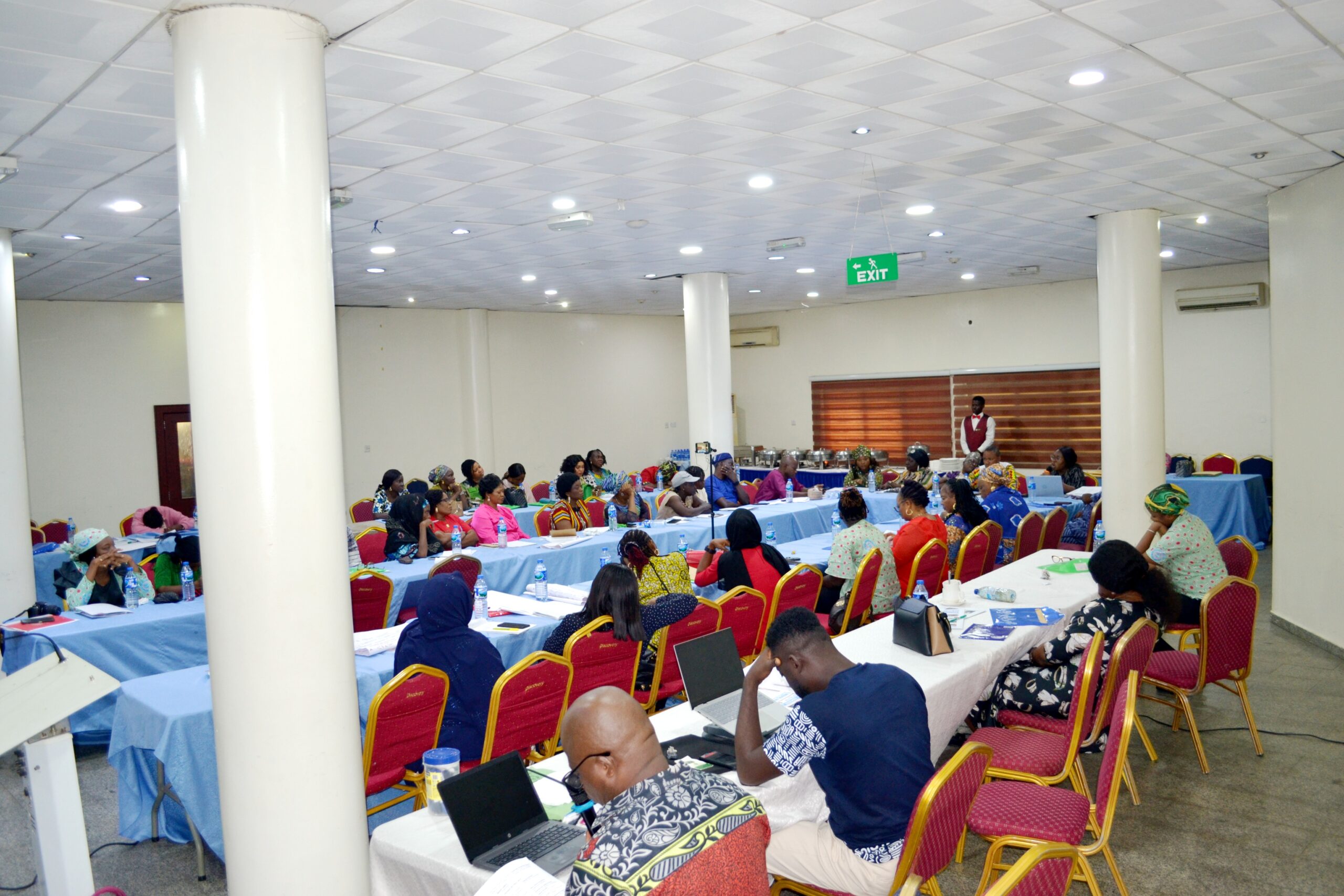
It is significant and commendable that President Muhammadu Buhari administration during the weekend walked his promise as contained in his anniversary speech to publish some specific details of funds traced to and recovered from corrupt former government officials as part of his war against corruption. However many Nigerians would have appreciated full disclosures with respect to the names and identities of the corrupt officials from whom the assets were recovered. Devil is in the details as published by the Federal Ministry of Information. They include retrieved total cash amount N78,325,354,631.82, $185,119,584.61, £3,508,355.46 and €11, 250 between May 29, 2015 and May 25, 2016. Also released were recoveries under interim forfeiture, which were a combination of cash and assets, during the same period: N126,563,481,095.43, $9,090,243,920.15, £2,484,447.55 and €303,399.17. Anticipated repatriation from foreign countries totaled: $321,316,726.1, £6,900,000 and €11,826.11. The ministry also announced that 239 non-cash recoveries were made during the one-year period. The non-cash recoveries are – farmlands, plots of land, uncompleted buildings, completed buildings, vehicles and maritime vessels, the ministry said. Many thanks to active citizenship which has kept the government on its toes to fulfill the promise made by President Buhari on May 14 in London. Thanks to the government too for being responsive. I agree with my friend Femi Falana SAN that “the figure announced by the information minister is a fraction of what the EFCC has recovered and deposited in the Central Bank of Nigeria.” However the theft numbers are still significant for a country desperately short in development financing. 2016 budgets for Ekiti State, Enugu State and Gombe State are N67 billion, N85.1 billion and N76.5 billion respectively. Cash recovered totalling N78,325,354,631.82 was more than each state’s budget! N50 billion intervention fund (note; long term loan with lower interest rate, not grants) for the ailing textile industries in 2010 made a significant impact on stabilizing the remaining mills. The intervention sum is less than the cash recovered. Certainly these numbers confirm the point that corruption truly under develops Nigeria. The founding father of India, the late Mahatma Ghandi of India must be alarmed in his grave to still discover that Nigeria has little or nothing for the mass of its people’s needs, but could service the greed of the few with so much through blatant theft and corruption. The total sum recovered was put at 9.1billion dollars, some 1. 7 trillion naira, almost a third of 2016 national budget. It is also remarkable that the recovered monies in dollars and foreign currencies are far more than the recovered sums in naira. Corruption has long literally devalued the naira as it literally made dollars (il)legal tender tasking the statutory function of the Central Bank of Nigeria. Also remarkable is the list of the recipient countries of the stolen funds. By the total amounts they received we shall know them; we now know the “fantastically corrupt” countries, namely Switzerland, UK, UAE and USA! With all the importance of the corruption revelations, the point must be made that Nigeria has gone through this road before. We are all familiar with the disclosures and recoveries of Abacha loot. So what manner of war is it that the more we fight the more the corruption is getting deeper? It is time to rethink this war. Why does corruption reign and undermine our development? We must come to the basic truth that it is the absence of development and development agenda that nurture corruption while corruption in turn perpetuates vicious cycles of underdevelopment.
In the immediate post-independent Nigeria corruption did not assume the dimension it is associated with today. This was because development was on the national agenda. The first, second and third National development plans left little room for graft and theft. The received wisdom was all about Development, Growth, Gross National Income, Income Distribution, Even Development etc. Given the commitment to development agenda and the prevailing values of honesty, decency and transparency, relatively fewer individual cases of corruption were reported. Indeed systemic corruption as we know it today was unimaginable precisely because there was systemic development. The emergence of military dictatorship coupled with abandonment of development agenda and impunity provided the basis for emergence of the present systemic corruption. We now have institutions such as Independent Corrupt Practices and other Related Offences Commission (ICPC) Economic and Financial Crime Commission (EFCC) to frontally combat the scourge of corruption. We can debate the effectiveness of these institutions but no one is in doubt about the need for anti- corruption efforts. The current anti-corruption efforts have promoted anti-graft awareness. Nonetheless we must be worried that the more this war, the greater the turn-over of beneficiaries of corruption. We must therefore think beyond corruption and ant-corruption paradigm that tends to legitimise corruption. We must move to the realm of Development that focuses on real development of the society and people. To achieve this, we must urgently put development on the agenda which all Nigerian stake-holders must get bought into. We must move from annual oil money sharing via annual budgets to wealth generation and value addition. The only way we can hold public officers accountable is not to start arresting them after they’ve done too much damage from public theft but to hold them accountable through a developmental agenda which is currently missing. Let’s realise that assuming the war against corruption is won, it does not mean that we have won and even started the real war for development and against poverty. The promise of governance is not to be catching thieves and fighting corruption as such, but promoting investment, opening industries, schools, ensuring food security and self-reliance, and join the comity of nations in the match of humanity for prosperity and general well-being. Therefore the earlier Nigeria gets corruption and financial crimes off its agenda by eradicating these cancers and return on the part of development, hard work, honesty and integrity as it was during the 60s and 70s. We are fatigue with names and faces of looters. We need the faces of builders of the nation as we used to have them in the past








